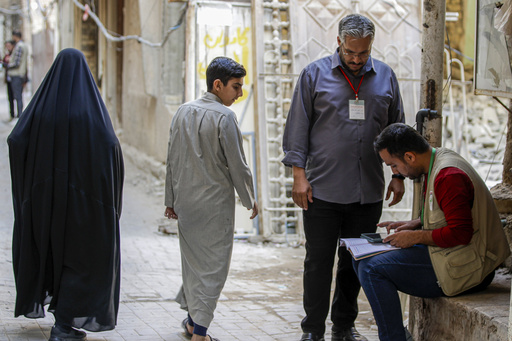In a significant milestone for the nation, the Iraqi government has announced the results of its first census in nearly 40 years, revealing that the population has reached approximately 46.1 million.
Back in 2009, an unofficial approximation had pegged the population at about 31.6 million. This comprehensive census is being hailed by Iraqi officials as crucial, as it provides essential data which will be instrumental for future planning and the distribution of resources.
At a press conference, Planning Minister Mohammed Tamim highlighted that this census’s outcome signifies the government’s commitment to improving conditions across Iraq. As the nation strives to secure the gains of improved stability following years of war and turmoil, these figures come at a pivotal time when the economy is also primed for development amid regional changes.
The findings from the census offer detailed insights into various sectors, including economic trends, educational attainment, and housing conditions. The data is segmented for Iraq overall while also giving specific insights into the semi-autonomous Kurdish region in the north.
Within the federal areas of Iraq, about 70.2% of the population resides in urban settings, with the Kurdish urban population even higher at 84.6%. Employment rates in the Kurdish areas also surpass those in the federal regions, with 46% of the Kurdish population being economically active compared to 41.6% in federal Iraq. Furthermore, primary school enrollment rates for children are higher in the Kurdish areas at 93%, whereas in other parts of Iraq, it stands at 88%.
On the other hand, federal Iraq exhibits higher rates of home ownership and access to clean drinking water and state electricity. Minister Tamim emphasized that this data will help facilitate a more equitable distribution of resources among various provinces.
He stated, “For the first time in four decades, Iraq has successfully executed a full census, thereby advancing towards more equitable resource allocation.” The final census results for 2024 indicate a rise of over 1 million from the preliminary estimate made in November, which was 45.407 million. This achievement marks a new chapter in Iraq’s development agenda, underlining the nation’s capability to gather comprehensive data crucial for its advancement.
